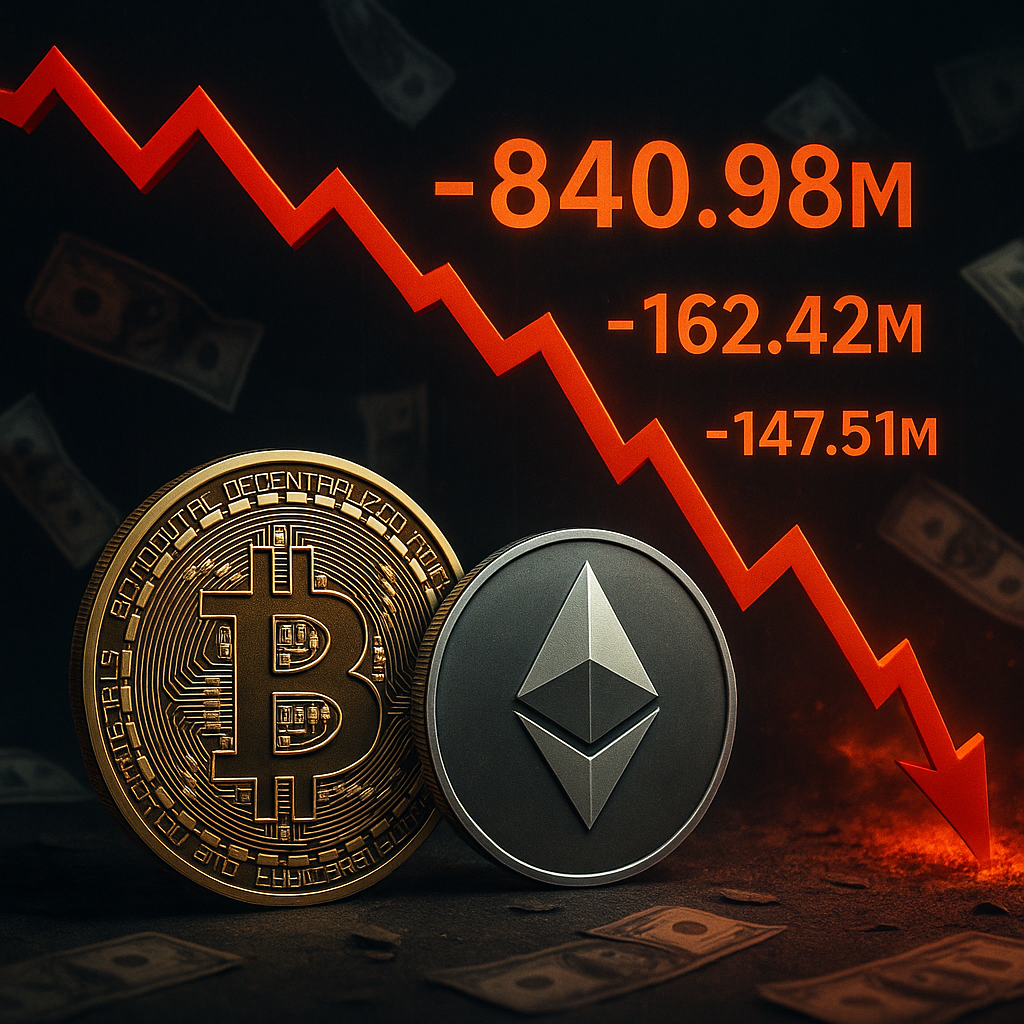BlackRock Inc. (NYSE: BLK), the world’s largest asset manager with over $10 trillion in assets under management (AUM), continues to deepen its footprint in the blockchain and digital asset sectors. Following the high-profile May 9 Crypto meeting with the SEC, the firm’s ambitions to tokenize U.S. equity markets on leading blockchain networks have drawn renewed attention.
Headquartered in New York, BlackRock is accelerating efforts to bridge traditional finance with Web3 innovations, aiming to make tokenized financial products accessible to global investors. The firm has already launched two major spot crypto ETFs: one for Bitcoin (BTC) and another for Ethereum (ETH).
As of now, BlackRock’s Bitcoin ETF (IBIT) boasts a net cash inflow of approximately $44 billion, managing a total of $62.91 billion in net assets. Its Ethereum ETF (ETHA) has also seen steady growth, recording around $4.2 billion in net inflows and managing $2.6 billion in assets since inception.
BlackRock Engages SEC for Clarity on Crypto Staking and Tokenization at May 9 Crypto Meeting
On May 9, BlackRock held a pivotal discussion with the U.S. SEC Crypto Task Force, aiming to gain deeper regulatory insight into key aspects of the digital asset ecosystem. The meeting covered a wide range of topics, including the treatment of crypto staking, standards for approving exchange-traded products (ETPs), real-world asset (RWA) tokenization, and options linked to crypto ETFs.
With SEC leadership under Chair Paul Atkins, BlackRock appears strategically positioned to expand its crypto product lineup in the near future. BlackRock explored how to integrate staking mechanisms into future financial offerings during the May 9 Crypto meeting, aiming to boost investor returns through new yield-generating opportunities.
The firm also sought clarification on how ETPs that incorporate staking capabilities might be regulated, including discussions around consolidation and structural compliance. In addition, BlackRock and the SEC task force reviewed the approval framework for crypto-based ETPs, outlining the critical regulatory benchmarks that could influence product approvals going forward.






